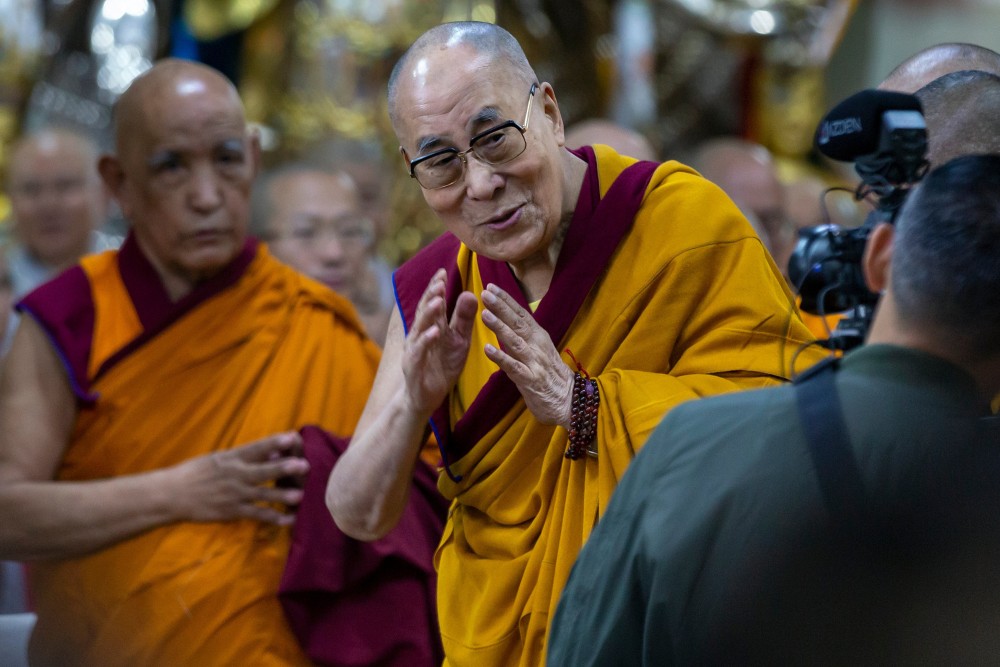How the Dalai Lama’s reincarnation got included in Congress’s $900 billion relief bill

Among the legislative loose ends that made their way into the $900 billion spending bill passed by Congress on December 21 was a significant update to the 18-year-old Tibetan Policy Act, strengthening US support for Tibetan autonomy and religious freedom for followers of Tibetan Buddhism around the globe.
The new legislation, called the Tibetan Policy and Support Act, appears deep in the 5,000-plus-page bill and has drawn attention for weighing in on the current Dalai Lama’s reincarnation, one of the few times the Buddhist concept has been mentioned in US law. It states that any interference by China in recognizing the reincarnation of the Dalai Lama—that is, the Dalai Lama’s successor—would be considered a violation of the Tibetan people’s religious freedom.
The unaccustomed religious language, however, is not an example of American legislators “pontificating on the Tibetan religion,” said Bhuchung K. Tsering, vice president of the International Campaign for Tibet, which helped congressional leaders frame the legislation. Rather, the clauses on reincarnation are aimed at preserving Tibet’s cultural and political distinctiveness.





